The Internet of Things (IoT) and its impact on our daily lives
In a world in which the networking of devices and technologies is advancing inexorably, the Internet of Things (IoT) is becoming increasingly important. IoT has the potential to transform our daily lives in many ways, from the way we control our homes to optimizing our work processes. In this detailed blog post, we take an even closer look at the IoT and its impact on our daily lives.
What is the Internet of Things?
The Internet of Things refers to the networking of everyday objects and devices with the Internet. These devices are equipped with sensors and communication technologies that allow them to collect data, process it and communicate with other devices. This opens up numerous possibilities that make our lives more convenient and efficient.
The spectrum of IoT devices ranges from smart household appliances such as refrigerators and thermostats to wearables such as fitness trackers and even self-driving cars. These devices can monitor environmental conditions, collect information and communicate with each other in real time.
Smart houses and the automation of everyday life
One of the most obvious examples of IoT applications is smart homes. By integrating IoT technologies into our homes, we can control our lighting, heating, security systems and even home appliances from anywhere in the world. Not only does this provide convenience, but it can also result in significant energy savings.
A typical scenario might look like this: You leave your house and forget to turn off the lights. No problem, thanks to IoT you can do this via an app on your smartphone. Or imagine trying to get home at night and your smart home detects you approaching, turns on the lights and adjusts the temperature to your preferred setting.
In addition to living comfort, smart houses also offer security advantages. Security cameras and doorbells with camera functionality allow you to monitor your home remotely, while smart locks and alarms increase security.

The impact on healthcare
The Internet of Things also has the potential to revolutionize healthcare. Wearable devices such as fitness trackers and smart watches can continuously collect and transmit health data to doctors or healthcare facilities. This enables early detection of health problems and better monitoring of patients with chronic diseases.
In addition, IoT enables the development of telemedicine applications. Patients can communicate with doctors via video calls, receive prescriptions and share their health data without leaving home. This is particularly advantageous in remote areas.

The future of mobility
IoT also plays a crucial role in the development of autonomous vehicles. These vehicles are equipped with a variety of sensors and communication systems that allow them to move safely in traffic. They can communicate with each other and with the infrastructure, increasing traffic safety and reducing traffic jams.
Additionally, self-driving vehicles open up the possibility of car sharing and ride-hailing services that are convenient and cost-effective. The IoT will fundamentally change the way we get around.

IoT in the world of work
The Internet of Things has a significant impact not only in the private sector, but also in the world of work. In Industry 4.0, production systems and manufacturing processes are becoming increasingly automated and networked. Machines and systems communicate with each other, optimize their own processes and send reports about their status to management in real time.
The advantages are many: fewer production downtimes, more efficient use of resources and the ability to react quickly to changing market requirements. This leads to an increase in the competitiveness of companies.
An example from the automotive industry shows how IoT can improve manufacturing. In a connected manufacturing environment, machines can independently monitor their condition and report maintenance needs before a failure occurs. This leads to less downtime and higher productivity.

IoT and industrial automation
Industrial automation is a key aspect of IoT that takes production to a new level. With IoT technologies, manufacturers can monitor and control their processes in real time. Sensors in production facilities collect data that is analyzed by central systems to optimize efficiency and quality.
Another important area of application is logistics and the supply chain. Sensors in warehouses and transportation enable real-time tracking of goods and resources. This optimizes inventory levels and reduces bottlenecks.

The challenges of IoT
Despite all these possibilities, there are also challenges associated with IoT to overcome. One of the biggest challenges is security. Connected devices are vulnerable to cyberattacks, and privacy concerns are real. Manufacturers and users must implement strict security protocols to protect data integrity and user privacy.
Another problem is interoperability. Many different manufacturers produce IoT devices, and not all of them are compatible with each other. However, the industry is working on standards to make networking and integration easier.




